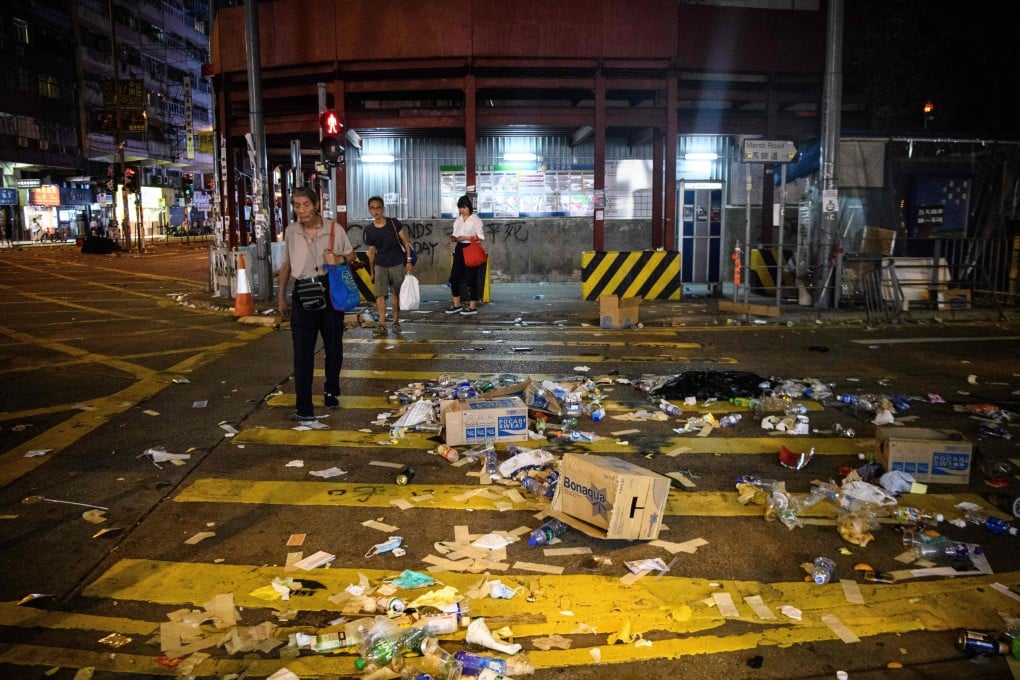My Take | An inevitable end to Hong Kong’s democratic experiment
- Beijing’s overhaul of the local election system is ruthless, but given the intransigence and fanaticism of the opposition and anti-government movement shown in 2019, it has no other choice if Hong Kong is to remain governable

The central government giveth and the central government taketh away. The arduous electoral reforms that took Hong Kong two decades to achieve are now being reversed between the “two sessions”.
The new principles have been laid down, though the details await the National People’s Congress Standing Committee (NPCSC) to promulgate.
Electoral reforms since 1997 had meant the opposition could aim to achieve a majority by occupying more than half of the 70 seats in the Legislative Council. This hope was what drove their disastrous so-called 35-plus primary, which was deemed illegal under the national security law leading to 47 defendants, many of them prominent opposition figures, being charged.
A major change will make strategies such as “the 35-plus” inoperable. First, the number of Legco seats will expand from 70 to 90 seats.

Five geographical seats will be cancelled, along with the five so-called superseats, which have been classified as functional constituencies but are in fact directly elected by all eligible Hong Kong voters.

